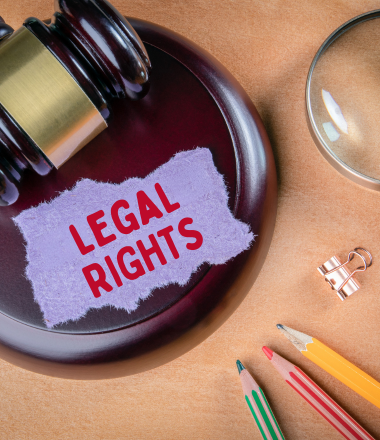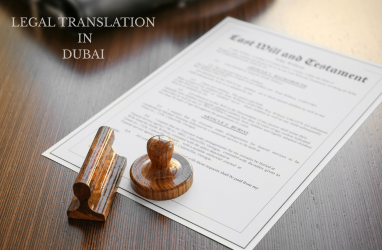When is a Trade Secret more Beneficial?
When considering whether to protect a production methodology as a trade secret, the decision is often made on a case-by-case basis. Factors contributing to the selection of a trade secret as the best option include:
- Non-Patentability: When the production methodology is not eligible for patent protection.
- High Probability of Secrecy: When there is a high likelihood that the trade secret can be effectively kept confidential for an extended period.
- Resistance to Reverse-Engineering: When it is unlikely that the trade secret can be reverse-engineered or legitimately reproduced.
- Limited Patent Worth: When the secret does not hold sufficient value to warrant registration as a patent.
- Focus on Manufacturing: When the secret pertains to the manufacturing process rather than the product itself, as the latter is more susceptible to reverse engineering.
Trade Secret Precautionary Measures for Businesses
Given the irregularity of trade secret enforcement compared to other types of intellectual property protection, businesses must take proactive actions to secure their trade secrets, especially when patenting may not be deemed worthwhile. Common preventive strategies include:
- Restricted Knowledge: Limiting access to the trade secret to a select number of individuals.
- Controlled Access: Implementing restrictive measures and physical security to control access to the secret.
- Document Access Control: Exercising control over access to critical documents.
- Robust IT Security: Enforcing strong information technology security protocols.
- Non-disclosure Agreements (NDA): Executing NDAs with employees and business partners to prevent the disclosure of company information.
- Non-compete Agreements (NCA): Entering into NCAs with contractors, employees, and consultants, restricting their ability to enter into competition after the conclusion of their service.
What are the Rights of Trade Secret Holders?
In civil, commercial, administrative, and criminal law, the majority of countries provide legal remedies through particular laws or anti-unfair competition measures.
When a party is determined to have illicitly acquired a trade secret, the trade secret holder is entitled to seek compensation in the form of financial damages. Moreover, certain regions go a step beyond, either by imposing an injunction on the offending party or by meting out criminal penalties.
What are some Notable Legal frameworks for Trade Secret Protection?
As per WIPO, several international agreements are currently in effect with the aim of bolstering trade secret protection among member states.
These include:
Paris Convention: Aligned with Article 10b is of the Convention for the Protection of Industrial Property, participating member states are expected to offer effective protection against unfair competition. However, it's noteworthy that the definition of a trade secret within this context does not extend beyond safeguarding against unlawful and dishonest business practices.
TRIPS Agreement: According to a specific article in this agreement, trade secret protection can be granted if certain conditions are met:
- The nature of the information kept secret is generally unknown or inaccessible beyond those authorized to regularly deal with it.
- It holds commercial value due to its confidentiality.
- The secret has been subjected to reasonable security precautions by the holder to protect it.
Patent and Trade Secret Symbiosis
Though patents and trade secrets may initially seem like distinct options, in reality, they function more like two sides of the same coin, complementing each other. During the initial stages of patenting a product, trade secrets come into play, offering flexibility in the early phases of the innovation process. This allows innovators to fine-tune their invention until it reaches its full realization for the patenting stage.
Conclusion
Trade secrets are essential to intellectual property, as they provide unlimited protection, cost savings, and rapid enforcement. Businesses weigh the benefits and downsides, carefully selecting when to rely on them.
For tailored guidance on navigating the complex terrain of trade secrets and intellectual property, turn to Abou Naja Intellectual Property. Our legal experts offer strategic counsel and proactive measures to safeguard your innovations. Trust us to enhance, protect, and manage your intellectual property portfolio with precision. Get in touch with us at [email protected] for a complimentary consultation.





